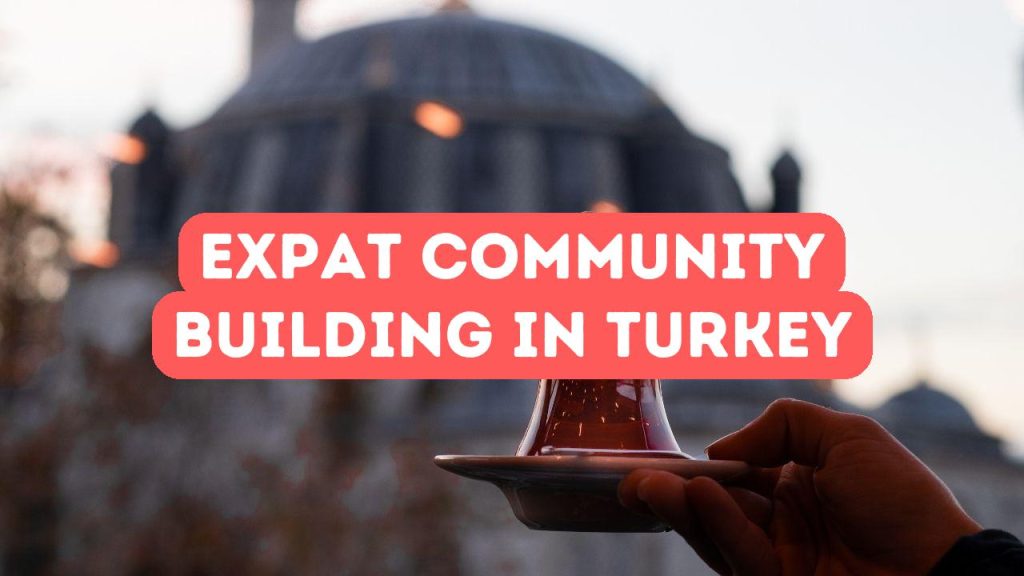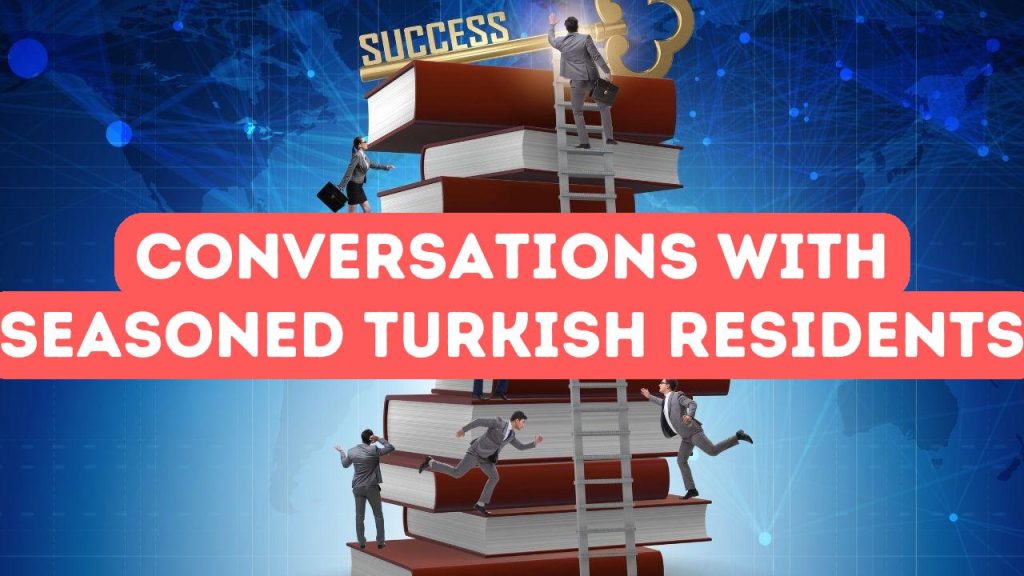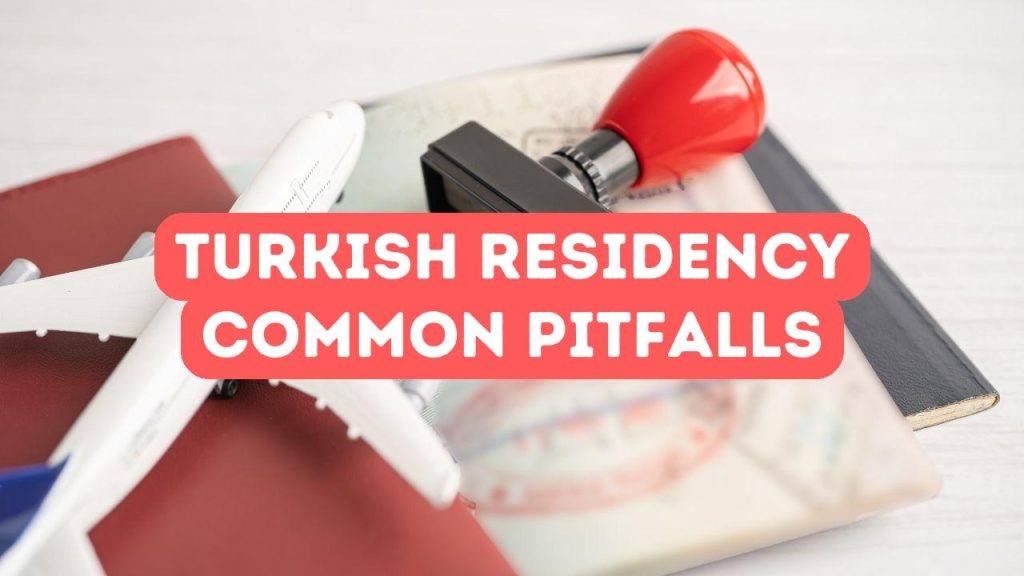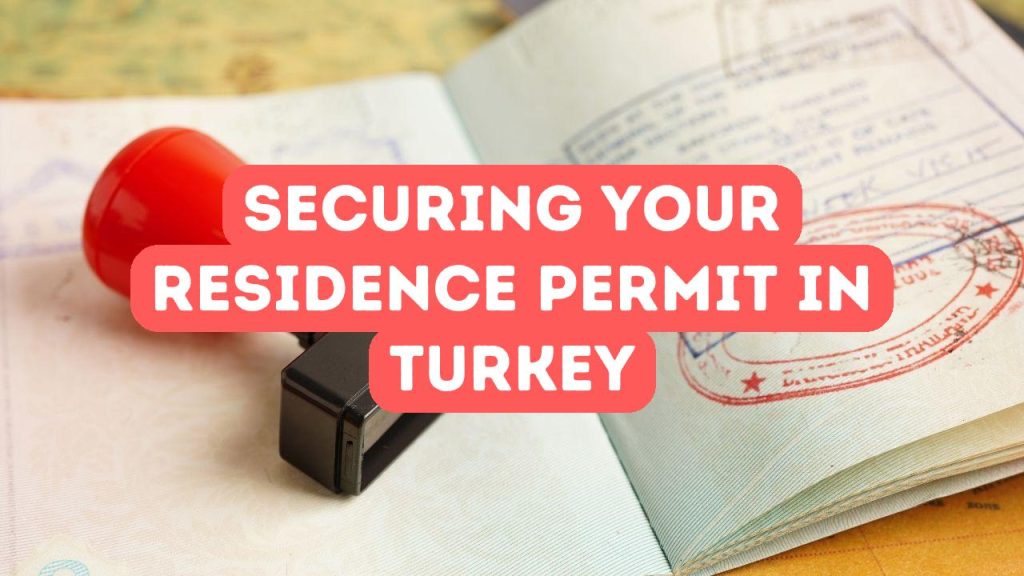Strengthening Cultural Ties: The Expat’s Guide to Community Integration
Sinking into the heart of Turkey’s cultural fabric as an expat begins with a gesture as simple as learning the language. A grasp of the Turkish language serves as the golden key to unlocking rich interactions and showing respect for the local customs and lifestyle. To reinforce cultural ties, participate in language exchange meetups, often found in bustling cafes of Istanbul or the picturesque parks of Izmir. These gatherings are not only a practical approach to mastering the language but also a fertile ground for meeting locals and expats alike, who are eager to foster cultural exchange. As you navigate through the ebbs and flows of pronunciation and grammar, each misstep becomes a shared chuckle and an opportunity for bonding, making the initially daunting task of integration a series of small, delightful discoveries.
Beyond language, immersing yourself in Turkey’s array of festivals and public celebrations can act as a bridge to community integration. From the whirl of colors at Istanbul’s Tulip Festival to the spiritual solemnity of Ramadan, these events offer expats a chance to participate in the communal heartbeat of their new home. Attendance and involvement signify a willingness to step into the public square of Turkish life and lay the groundwork for shared experiences. It is here, among the mingling scents of street foods and the echo of traditional music, that personal narratives intertwine with cultural expressions, allowing expats to not only observe but become part of the local tapestry. These celebrations are often accompanied by open invitations to neighborhood gatherings, opening doors to new friendships and deeper understanding of the cultural intricacies that define the Turkish way of life.
Lastly, forging connections within Turkey’s close-knit communities may mean extending your circle to include being active in local interest groups or clubs. Whether it’s joining a hiking club that explores the breathtaking landscapes of Cappadocia, or enrolling in a traditional Turkish cooking class in the heart of Ankara, these activities serve as more than pastimes—they are portals to relational depth and cultural immersion. They allow expats to embed themselves in the daily rhythms and interests of the people, often leading to lasting friendships and a support system that feels like family. Cultural exchange in these settings moves beyond the superficial and becomes a woven part of the expat’s new identity—imbued with the flavors, sounds, and shared passions of their Turkish counterparts. Through such involvement, the expat community does not simply coexist with the local population, but radiates a collaborative spirit that enriches both their own lives and the vibrancy of the Turkish community at large.
Navigating Social Landscapes: Strategies for Expat Inclusivity in Turkey
Embarking on the journey to inclusivity within Turkey’s social landscape necessitates a proactive approach to engagement with the local community. As an expat, taking the leap to join in Turkish festivities, accept invitations to local events, and participate in neighborhood gatherings can bridge the cultural divide, allowing for a deeper understanding of the rich traditions and values that permeate Turkish life. Learning the language, even at a conversational level, opens doors to personal connections and demonstrates respect for the country’s culture, invariably earning the admiration and support of Turkish natives. Whether it’s through shared cups of çay, the ubiquitous Turkish tea, or a mutual appreciation for the country’s cuisine, each small step taken toward inclusivity enriches the expat’s journey and weaves their unique thread into the fabric of their new community.
Building on the foundation of cultural immersion, expats can further foster inclusivity by contributing their own skills and passions to the community. Volunteering at local organizations or schools offers a valuable avenue to integrate and to give back, showcasing a reciprocal relationship with the society. It’s important to identify expat groups and international clubs that resonate with personal interests—be it sports, arts, or professional development—since such platforms can be instrumental in finding camaraderie and exchanging support amidst diverse experiences. Establishing a network within these circles does not confine one to an expat bubble; rather, it provides a springboard to branch out into broader, more varied social interactions. This not only alleviates the initial isolation often felt in a new country but also reinforces the expat’s role as an active, contributing member of the Turkish society, eager to blend a multitude of perspectives into a shared community tapestry.
To truly thrive as an expatriate in Turkey, it’s critical to embrace the concept of ‘komsuluk’—neighborliness—which is the cornerstone of Turkish culture. Engaging with neighbors, exchanging pleasantries, and offering assistance when needed not only enriches daily life but also cements one’s place within the community. Participating in local initiatives, such as neighborhood improvement projects or communal iftars during Ramadan, demonstrates a commitment to local customs and a willingness to integrate into the rhythm of Turkish life. Such involvement signifies an embrace of the intertwining human connections that transcend cultural backgrounds, ultimately leading to a sustainable and fulfilling expat experience. By nurturing these neighborly bonds, expats can find that the once daunting foreignness becomes the warmth of familiarity—an invaluable asset in the journey of building a home away from home.
Creating Cross-Cultural Bonds: The Art of Community Building for Expatriates
Immersing oneself in the local culture is paramount for expatriates aiming to form lasting ties within the Turkish community. The key to this immersion is a willingness to step outside the comfort zone and partake in the everyday rituals that define Turkish life, from sharing strong cups of çay in bustling bazaars to engaging in animated conversations at the neighborhood lokanta, no matter how rudimentary one’s grasp of the Turkish language might be. This active participation serves as a bridge, connecting expats to their Turkish neighbors through the universal language of human experience. Learning to appreciate the nuances of Turkish traditions and social norms fosters a sense of respect and belonging, which is quickly reciprocated in a society known for its warmth and hospitality. Building these cross-cultural bridges not only enriches the expat’s understanding of their new home but also lays the foundation for a supportive network that celebrates diversity and unity in equal measure.
To deepen these cross-cultural connections, expatriates should seek out communal activities that resonate with their interests while also being quintessentially Turkish. Joining local classes or clubs not only facilitates skill enhancement but also allows expats to meet likeminded individuals. Whether it’s participating in a traditional Turkish art workshop, enrolling in a cooking class to master the flavors of regional cuisine, or attending a language exchange meetup, these shared experiences can carve pathways to friendship and understanding. It’s through these social threads that expats begin to weave their place into the fabric of Turkish society, gaining not just acquaintances but true companions who offer insights into the subtleties of Turkish life. Such engagements also demonstrate respect for the culture, signaling an earnest effort to integrate rather than observe from a distance.
Building an expatriate community in Turkey does not stop at forging friendships with local residents; it also includes connecting with fellow expats who share the unique experience of adapting to a new country. Support groups and social networks specifically designed for expatriates in Turkey provide invaluable forums for exchanging tips, sharing experiences, and offering mutual support. These networks can be found through social media, local organizations, and even foreign consulates. They host regular events ranging from informal coffee mornings to cultural outings, creating opportunities to bond over shared challenges and triumphs. Through these multifaceted layers of connections, expats can construct a supportive and enriching community that not only helps them to navigate their new environment but also transforms the expatriate experience from one of mere survival to one of collective growth and joyful discovery.






